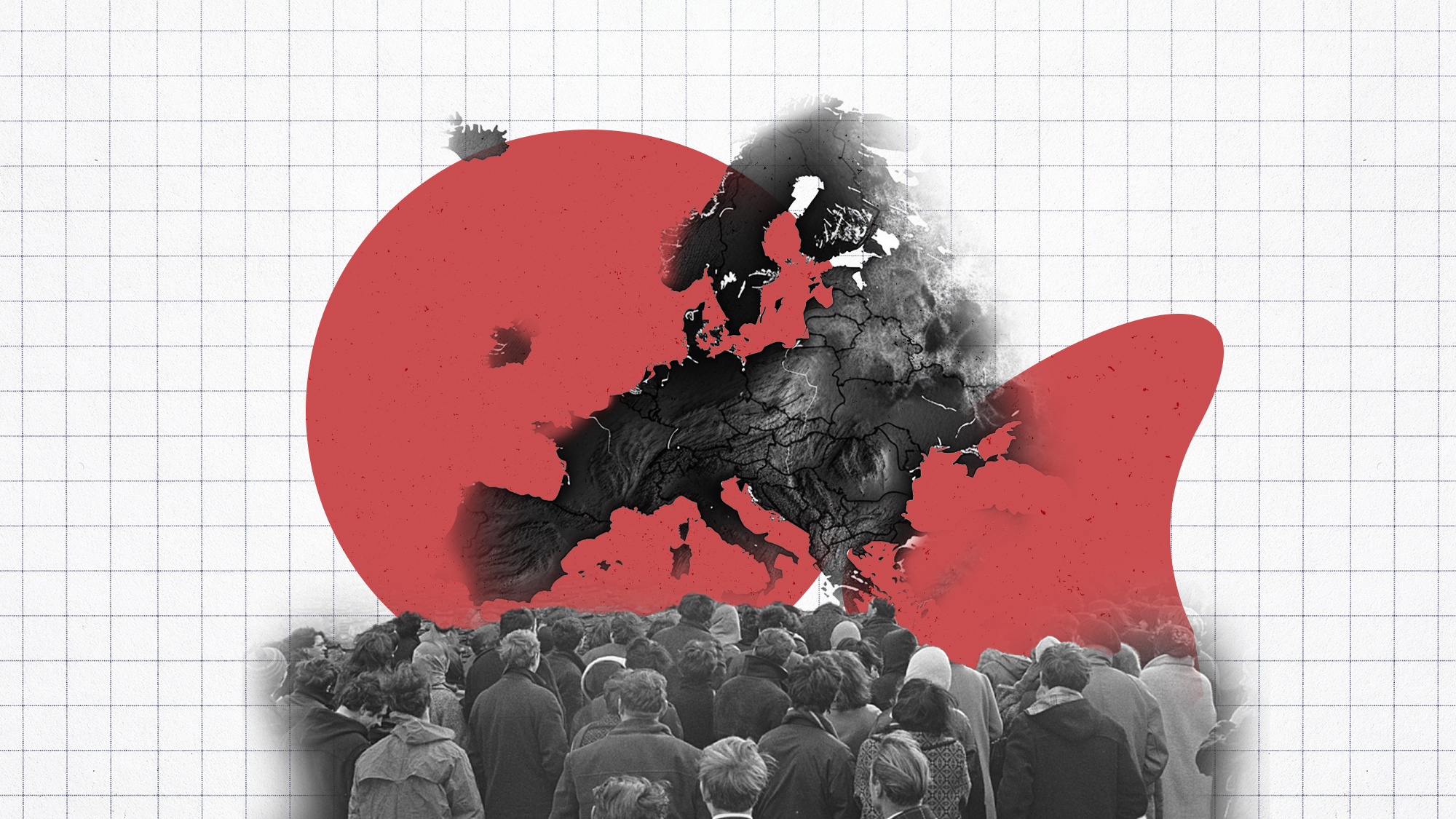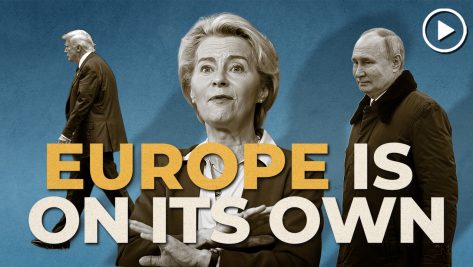The recent European Parliament (EP) election, held from June 6-9, 2024, showcased the immense scale of the democratic process in the European Union. Spanning four days across 27 sovereign nations, with more than 400 million people eligible to vote, it is the second largest democratic exercise in the world, second only to India’s general elections. This quadrennial event serves as a unique moment when the diverse European publics – the demoi – comes together to express their democratic will within a common arena of electoral contestation.
While EP elections are still considered “second-order” (as coined by Karlheinz Reif and Hermann Schmitt) contests with lower voter turnout than national elections and with a focus on domestic issues, the 2024 elections challenge this notion. If Europe – in the sense of the most successful long-standing experiment in regionalism and cross-border integration – truly did not matter, if transnational issues affecting a shared political space were not salient, and if voters only cared about national politics and the rewarding or punishing of their domestic incumbent, we would expect to see no correlation between electoral trends across countries; even more so since EP elections fall randomly within the electoral cycle of each country. So if this were true, the ideological composition of the EP should, on average, remain unchanged over time and across contests – as was mostly the case when the EP was dominated by the center-right and center-left political families during the earlier technocratic days of European “integration by stealth.”
The reality is quite different. The outcome of the French EP election, for example, can provide insights into the results in Germany, and vice versa. This suggests that transnational issues and a common European political space are indeed important to voters, increasingly so.
The illusion that EP elections are second-order popularity contests dominated by domestic issues stems from the fact that, as Vivienne Schmidt famously argued, Brussels remains the main locus of “policy without politics” while national democracies only engage in “politics without policy.” In other words, nation states are still clinging to their role as exclusive jurisdictions of sovereign democratic expression, forged over long historical periods of democratization, franchise extension, and nation-building. The vestiges of these historical processes still hold a fading allure, making it difficult to bury them in the glass containers of collective historical memory.
However, a closer look at the recent EP results as a whole reveals a set of common trends and issues that have been dominating an increasingly synchronized and integrated media cycle and political agenda in Europe. These issues are primarily transnational in nature. On one hand, the rise of the far right – albeit lower than predicted – indicates a growing concern among European voters about uncontrolled immigration and its impact on European identities, cultures, and lifestyles. It may also reflect a simmering impatience with the cost-of-living effects of Europe’s involvement in a war that is taking place right on its border and yet some still view as irrelevant.
On the other hand, the overall precipitous decline in support for green parties is arguably due to the fact that by and large their agenda has been absorbed by other mainstream parties and that they have not managed to expand their appeal beyond their core issues of climate change and the green transition. Moreover, many European citizens, particularly farmers, have started to feel the pinch of rising costs and the distributional effects of these policies. Ironically enough, the seeds of the green parties’ electoral decline were sown by the success of their policy agenda.
There are early indications of an emerging representative and consolidated European party system.
All in all, the ideological composition of the EP did unquestionably shift to the right in the 2024 elections. However, rather than interpret this as an irrevocable shift in European voters’ preferences, it is more accurate to attribute this outcome to the rising salience of a number of inherently transnational issues that governments and political elites are being called upon to tackle head-on.
It is in fact rather paradoxical that the oft-touted rise of the extreme right in Europe has coincided with the consolidation of a purely transnational policy space and political agenda. The difference lies in how politicians have approached these issues. Politicians of the extreme right have skillfully weaponized them and projected them through a nationalist lens while mainstream politicians have been all too keen to either eschew them altogether, depoliticize them, or, in some cases, adopt them as part of their core policy agenda.
It is also important to consider how the democratically determined composition of the EU’s main legislative body will influence the makeup of its executive arm, most importantly the appointment of the President of the European Commission. Interestingly enough, while Ursula von der Leyen’s initial appointment to the position was viewed as a slap in the face to the Spitzenkandidaten (lead candidate) process, her likely reappointment may be seen as a revival of this essential feature of an emerging democratic pan-European parliamentary system. In all its fluidity and porousness, the current system of EP political groups will play a decisive role in this process.
While the EP party groupings may often give the appearance of ad hoc alliances between self-serving national parties and certainly fall short of the formal definition of a party themselves, there are early indications of an emerging representative and consolidated European party system. This development is occurring despite the continued reluctance of national governments to allow for transnational European party lists. The rise of VOLT, an all-but-in-name European party that managed to elect three MEPs in Germany and two in the Netherlands, and fielded a score of candidates through national chapters in 17 member states on a shared platform of core policies and principles, is a clear sign of this trend.
So, before rehashing the trite critiques of the importance of EP elections and the EU’s overall democratic deficit, let us first ask ourselves what party systems and parliamentary processes looked like during the early stages of the democratic transition in many EU member states. The democratization of a transnational polity such as the EU, composed of sovereign nations with well-established national democratic systems, is undoubtedly an arduous and lengthy process that is prone to stall at times. Yet, just because the ship is steering left or right in accordance with the tailwinds and headwinds of globalization does not mean it is not progressing toward the safe harbor of genuine supranational integration and democratic consolidation.
© IE Insights.











